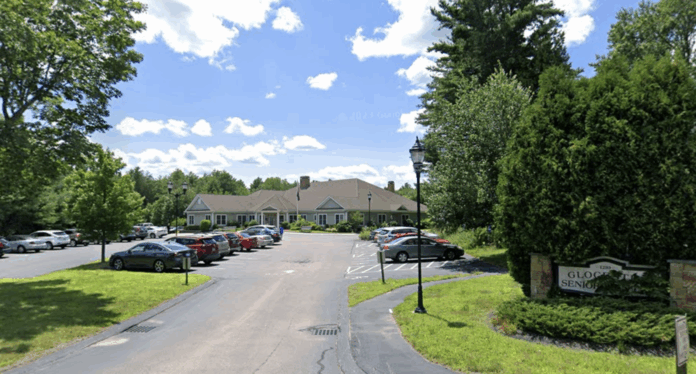GLOCESTER – The Glocester Town Council is hoping voters will approve the proposed budget at Tuesday’s referendum. If not, they said, it would mean more cuts to both local elementary schools and municipal services.
“We want people to support this and all the questions,” said Council Vice President Walter Steere. “It’s important for people to know that we support it.”

To that end, councilors agreed to send out a Code Red Public Information announcement informing voters of the importance of voting in favor of the budget. Council President William Worthy read the announcement.
The budget total, including local schools, amounts to $34,567,000, an increase of $380,938, the maximum allowed according to state regulations, which prohibit more than a 4 percent increase each year. If the budget does not pass, more monies will have to be cut from the proposal, most likely in schools.
The proposal envisions the town municipal budget increased by 2 percent, amounting to a total of $9,816,723. Local schools would increase 6 percent for a total of $12,395,102. The regional schools total was $12,278,131.
If passed, the budget as proposed equates to an estimated $14.22 per $1,000 on residential property, and $17.06 on commercial property, up from $13.86 for residential and $16.632 commercial this year.
It is a difficult budget year, officials have notes, because the local school district is short on funds, and has already overspent on this year’s budget, a problem that Budget Board member David Steere pointed out at a recent meeting. In order to rectify that, the referendum includes a request to reappropriate $151,000 from the school capital improvement fund to the local school fund balance to cover the deficit, a move that requires voters’ approval. Those funds will come from surplus and the move will not increase taxes. Another question requests approval to transfer $75,000 from surplus for grant matching funds, which will also not effect the tax rate.
Originally, the schools’ deficit was projected to be $357,495, which the school department was able to reduce to $151,000 by transferring funds from a reserve account to cover part.
Town Clerk Jean Fecteau previously noted that one of the problems preventing more local revenues from going to the elementary schools was the regional budget, which the council has no control over. The regional schools present a budget to taxpayers at an annual financial town meeting, and, if approved, it is automatically tacked on to the town budget. In recent years, regional school’s approved budgets have reduced the amount the town can spend. Fecteau has noted that if less were appropriated for regional expenses, more would be available at the town and local schools level.
Should the budget fail, however, councilors said that things could get worse. If voters reject the fiscal plan, then the town must survive on its current budget until another referendum is presented, which might take upwards of 45-50 days.
Former longtime Town Council President Ted Burlingame said that both the School Committee and the superintendent need to pay closer attention to the schools’ spending to prevent the situation from not only continuing, but possibly getting worse in the future. He echoed others’ concerns about the possible failure of the referendum.
“If the voters say no, the schools aren’t going to get 6 percent,” Burlingame warned. “They are going to have to get by with less than what they have. We hope they get their act together.”
The referendum vote will take place on Tuesday, May 20 at the Glocester Senior Center from 8 a.m. to 8 p.m.









They always threaten to cut school spending so they can continue to fleece us of our hard earned dollars.
Correct